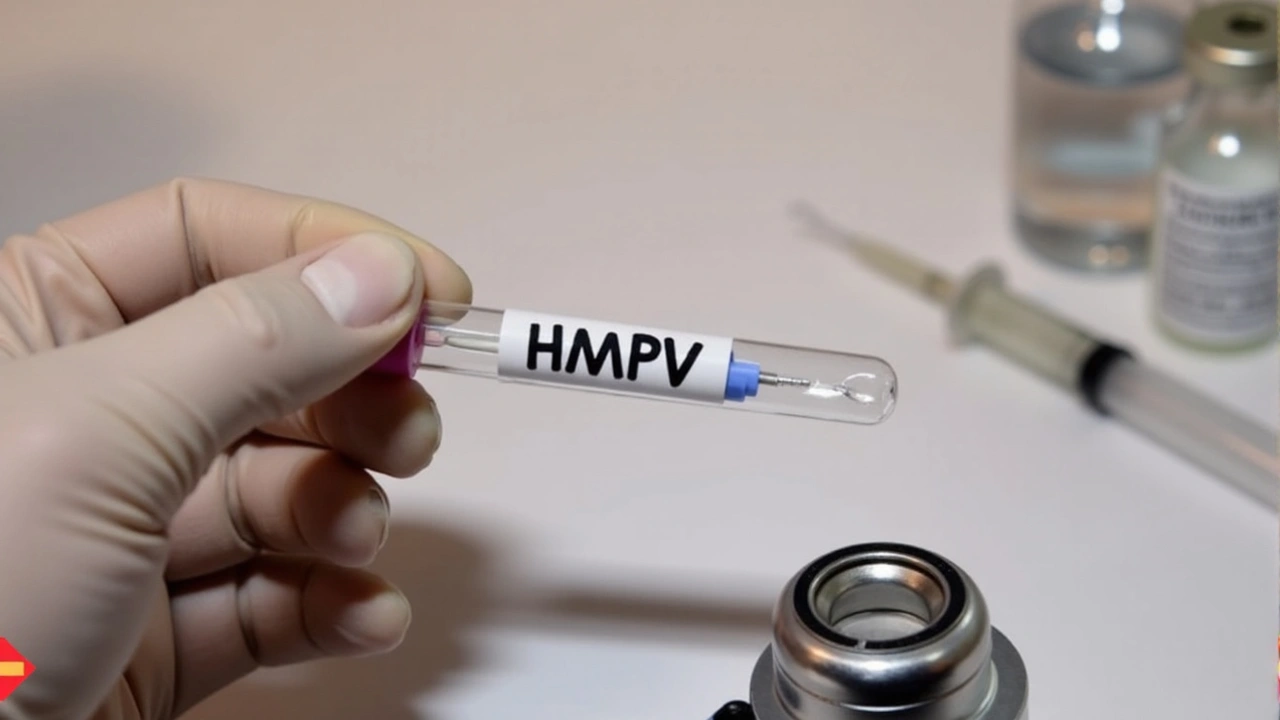Respiratory viruses aren’t just a problem for humans—they can shake up life across African game farms and wildlife reserves too. When these viral bugs hit, the effects trickle down everywhere: animal health, farm operations, eco-tourism, and even local economies can all take a blow. Ever wondered how a virus that starts with a cough could turn into a disruption for an entire ecosystem? That’s what’s at stake when respiratory viruses make their rounds.
Game farms and wildlife reserves across Africa keep a close eye on any signs of outbreaks. It’s not just about protecting valuable livestock or rare wildlife; it’s about keeping the balance. A contagious respiratory virus can move fast through close-knit animal groups—think antelope herds or the iconic Big Five. When one animal gets sick, the risk spreads across the reserve, threatening both rare species and daily operations. Early warning signs, fast reporting, and immediate responses often mean the difference between a minor scare and a serious crisis.
Tracking these viruses involves teamwork. Game farm managers share data with regional vets and wildlife researchers. Health checks on animals—looking for coughs, nasal discharge, or breathing issues—are a daily routine. If a farmer notices a strange pattern or sudden deaths, it starts a chain: lab tests, quarantines, and sometimes strict farm closures. The sooner they act, the better the shot at slowing down the spread and protecting the wider ecosystem.
But respiratory viruses don’t just stop with animals. Some can jump to humans or go the other way, especially for workers who handle wildlife every day. Guides, rangers, tourists, and local residents stay alert. Hygiene practices, like washing hands after animal contact and keeping sick animals away from people, are basic but powerful steps. Some game farms even run awareness sessions with staff, ensuring everyone’s clued in on what to look out for and how to stay safe.
The economic hit of a widespread outbreak isn’t small. Farms might lose income from sick or dead animals. Tourism can nose-dive if safaris get canceled or visitors stay away out of concern for their own health. Local communities often feel the effects too, especially when farms are big employers. Preventing or controlling respiratory virus outbreaks keeps these livelihoods more secure.
Most practical solutions boil down to preparedness and quick action. Vaccines for certain respiratory viruses are part of some farms’ routines. Quarantine pens, routine vet visits, and communication with public health officials build a line of defense. If you’re planning a trip to a game reserve or you work with farm animals, check health guidelines before you go—it’s about looking after yourself, the animals, and the communities around them.
Curious about how specific outbreaks have unfolded in Africa? African Game Farms Daily News covers the real-time updates, expert analysis, and stories from people right in the thick of it. Want to stay informed? Subscribe for latest alerts and stay one step ahead of the next unknown virus.

Human Metapneumovirus (HMPV) has been detected in India for the first time, with two infants in Bengaluru testing positive. These cases were confirmed at Baptist Hospital. HMPV, a respiratory virus, spreads locally, causing concern but not panic. The Health Ministry reassures the public of its global presence and lack of travel-related transmission. Continued monitoring promises timely updates.
Read More >>